Introduction
In today’s data-driven world, e-commerce businesses can no longer rely on guesswork to run successful ad campaigns. Analytics plays a crucial role in optimizing advertising efforts, ensuring businesses get the best return on investment (ROI). However, navigating the complexities of ad data, tracking conversions, and making data-backed decisions require expertise. This is where e-commerce advertising agencies step in. They bring advanced analytics tools, expertise, and strategic insights to scale online businesses effectively.
Why Analytics is Crucial in E-commerce Advertising
Analytics helps e-commerce businesses track key performance indicators (KPIs) such as conversion rates, customer acquisition costs (CAC), and return on ad spend (ROAS). With real-time data insights, businesses can:
- Search Ads (Text-based ads on Google Search results)
- Shopping Ads (Product listings with images and prices)
- Display Ads (Visual banners on websites and apps)
- Video Ads (YouTube advertisements)
- Performance Max Campaigns (AI-driven campaigns across all Google networks)
The Power of Data-Driven Decision Making
A data-driven approach ensures that e-commerce brands don’t just spend money on ads but invest in campaigns that drive real results. Agencies leverage analytics to test different ad creatives, audience segments, and bidding strategies to find the best-performing combination.
What E-commerce Advertising Agencies Bring to the Table
E-commerce advertising agencies don’t just run ads—they use data-driven insights to optimize every aspect of your campaigns. From audience targeting and budget allocation to ad creatives and bidding strategies, agencies ensure that your marketing spend delivers maximum ROI.
1. Advanced Tracking & Performance Measurement
Agencies implement and monitor advanced tracking tools such as Google Analytics, Google Tag Manager, Facebook Pixel, and enhanced e-commerce tracking. This allows businesses to:
- Track user interactions on the website and understand customer journeys.
- Measure ad effectiveness by monitoring cost-per-click (CPC), cost-per-acquisition (CPA), and ROAS.
- Utilize heatmaps and session recordings to improve landing page performance.
2. Customer Segmentation & Audience Targeting
One of the biggest benefits of working with an agency is its expertise in audience segmentation. Using analytics, agencies:
- Segment customers based on behavior, demographics, and purchasing patterns.
- Create retargeting campaigns to re-engage abandoned cart users.
- Build lookalike audiences to expand reach to potential buyers.
3. A/B Testing for Continuous Optimization
Agencies perform A/B testing on ad creatives, landing pages, and audience targeting to identify what works best. They analyze:
- Which ad copies generate the highest engagement.
- What images or videos drive the most conversions?
- How different landing page elements impact sales.
4. Budget Optimization & Bidding Strategies
Without the right analytics approach, businesses risk overspending or underutilizing their ad budget. Agencies:
- Use AI-powered bid management tools to maximize ROI.
- Adjust bids dynamically based on performance insights.
- Allocate budget strategically across different platforms (Google Ads, Facebook Ads, Instagram Ads, etc.).
5. Attribution Modeling for Accurate ROI Measurement
Attribution modeling helps e-commerce brands understand which marketing channels contribute the most to conversions. Agencies utilize multi-touch attribution to:
- Analyze the customer journey from awareness to purchase.
- Optimize ad spend based on the most impactful touchpoints.
- Balance budget allocation across paid search, display, and social media ads.
Key Statistics Highlighting the Impact of Analytics in E-commerce Advertising
Analytics play a crucial role in e-commerce advertising success. Studies show that businesses using advanced analytics experience a 30-50% improvement in marketing efficiency and a 25% increase in conversion rates. With real-time data tracking, agencies help brands make informed decisions that drive consistent sales growth.
- E-commerce brands that use analytics-driven marketing experience a 20-30% increase in revenue.
- Businesses leveraging A/B testing see a 10-15% improvement in conversion rates.
- Companies that use audience segmentation strategies achieve 2X higher engagement rates.
- Data-driven advertising can reduce customer acquisition costs by 30-40%.
Why Partner with a Specialized E-commerce Advertising Agency?
While analytics tools are available to businesses, interpreting the data and making strategic adjustments require expertise. A specialized e-commerce advertising agency:
- Has access to industry-leading analytics tools and technology.
- Continuously monitors performance and optimizes campaigns in real-time.
- Develops data-backed strategies tailored to your specific business goals.
- Helps scale your e-commerce store efficiently while maximizing profit margins.
Ready to Maximize Your E-commerce Advertising ROI?
Analytics is the backbone of successful e-commerce advertising, ensuring campaigns are data-driven, efficient, and profitable. However, extracting meaningful insights and implementing changes require specialized expertise. By partnering with a professional e-commerce advertising agency like AD360, businesses can harness the power of analytics to drive sustained growth and outperform competitors.
Let AD360 help you leverage data-driven insights for superior ad performance. Contact us today to discuss how our expert team can take your e-commerce business to new heights!














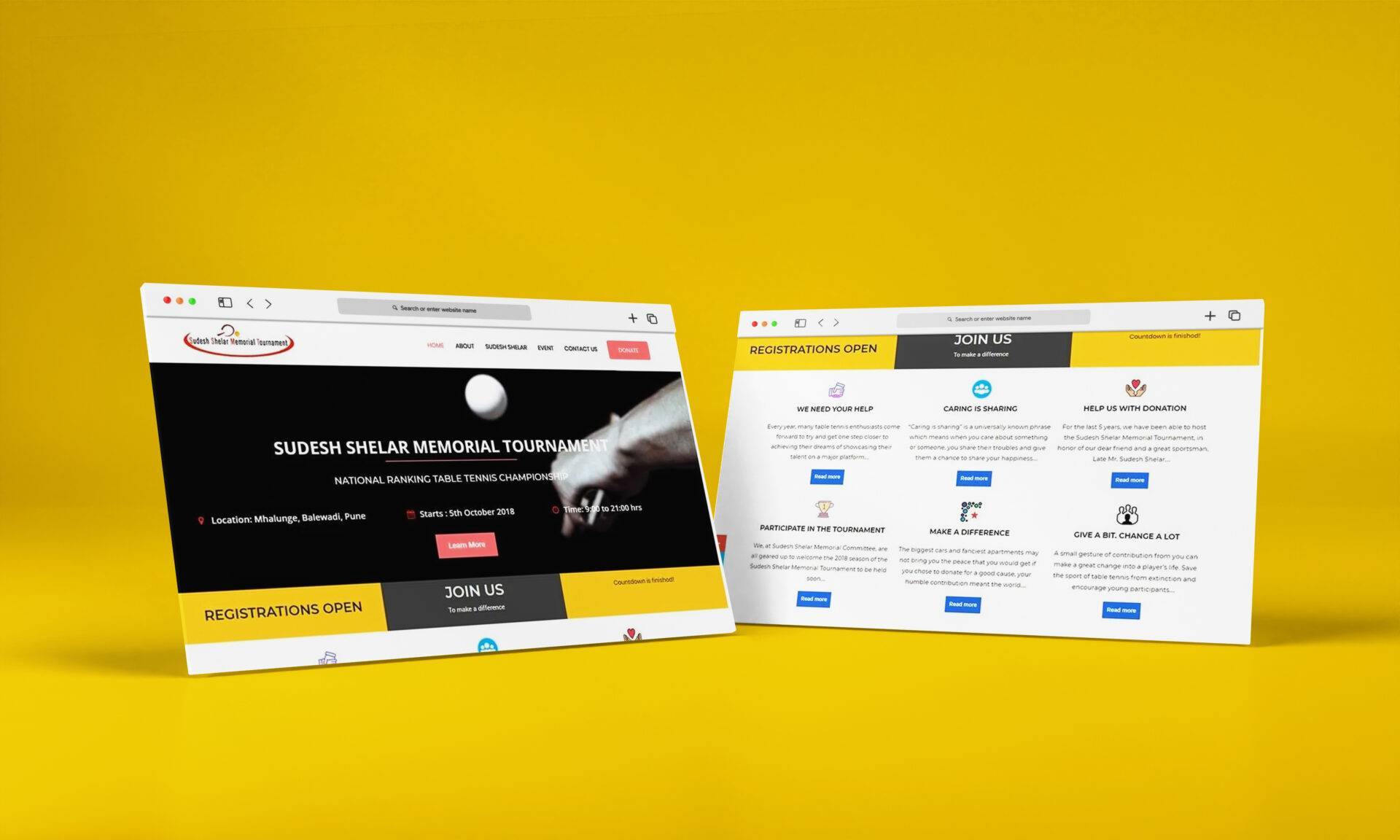
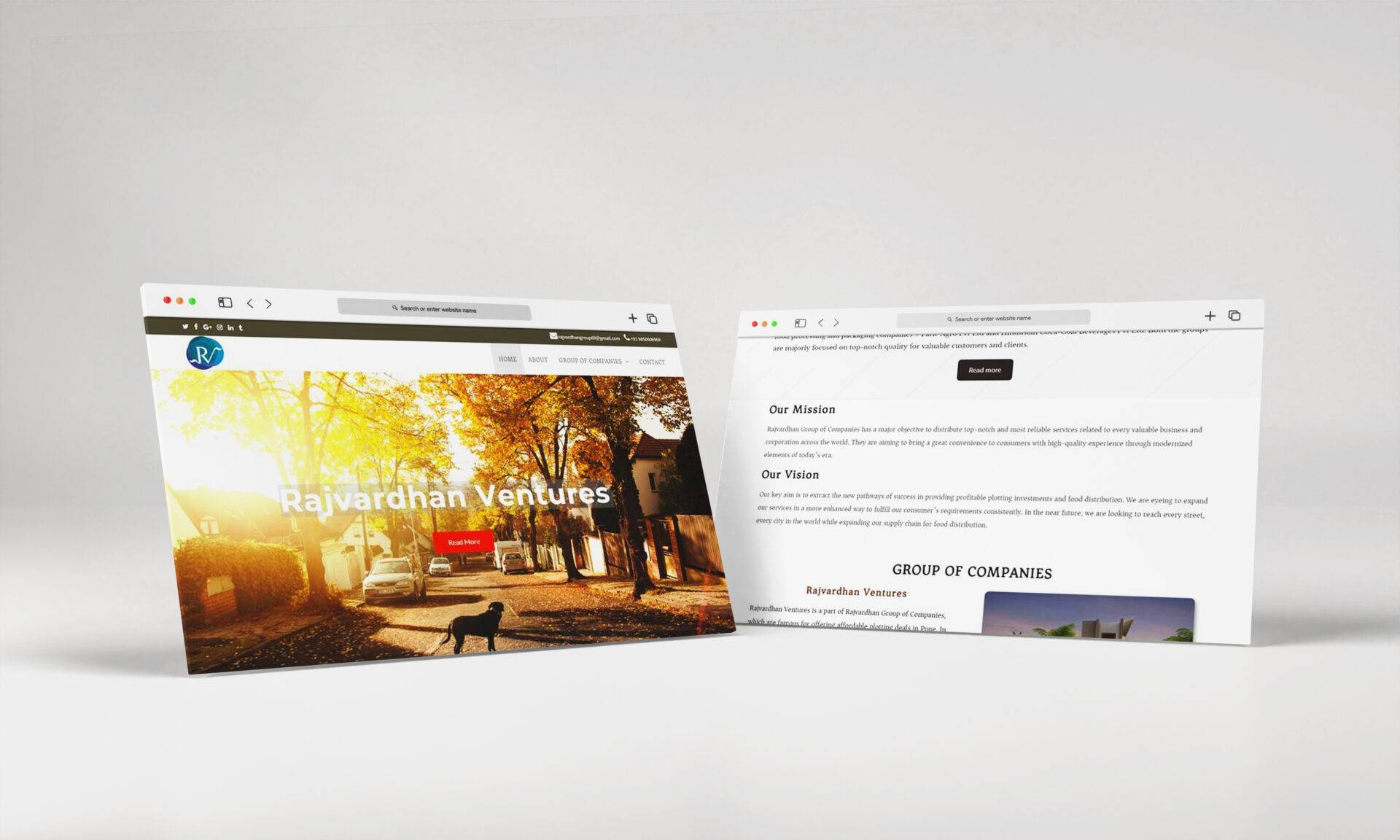
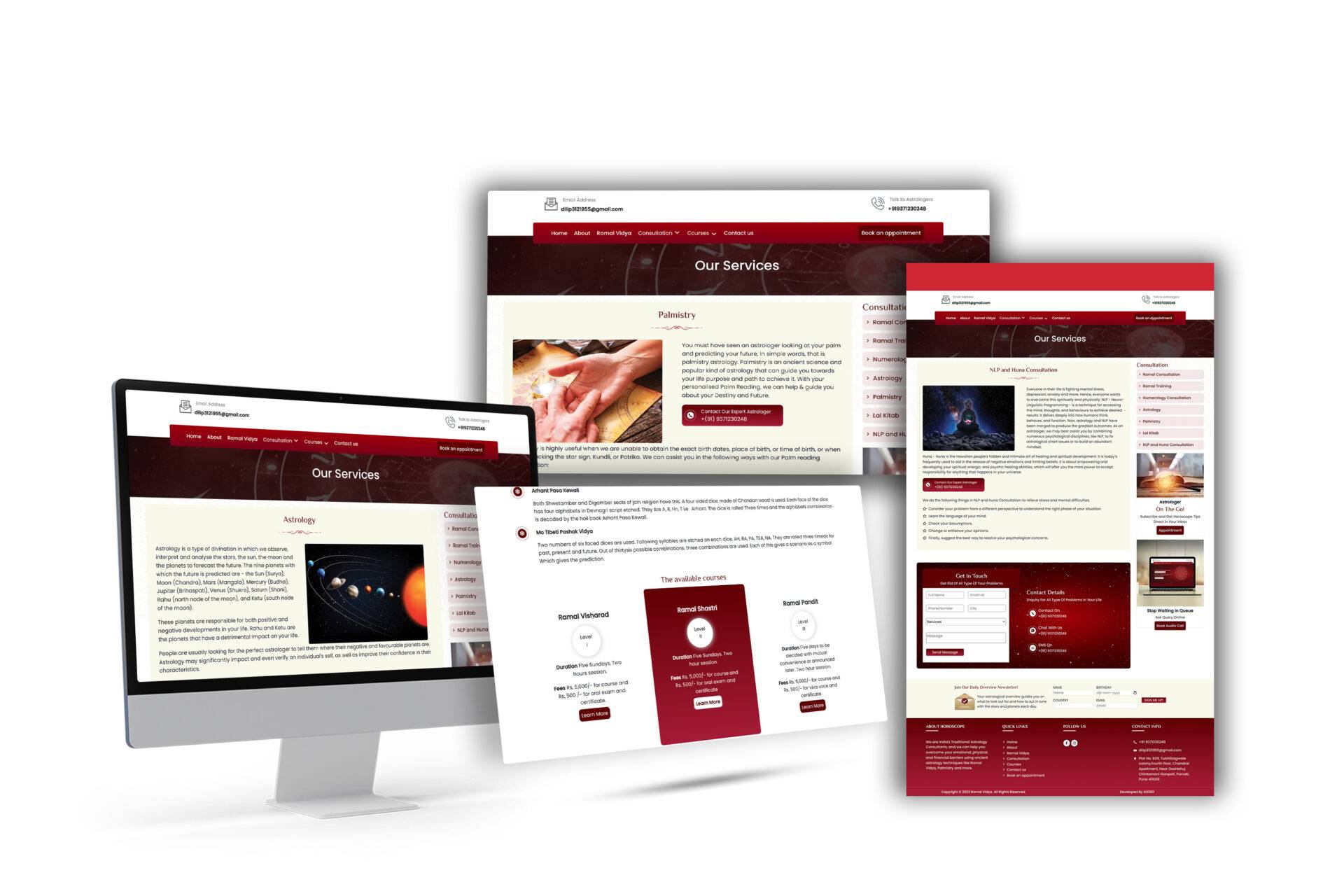
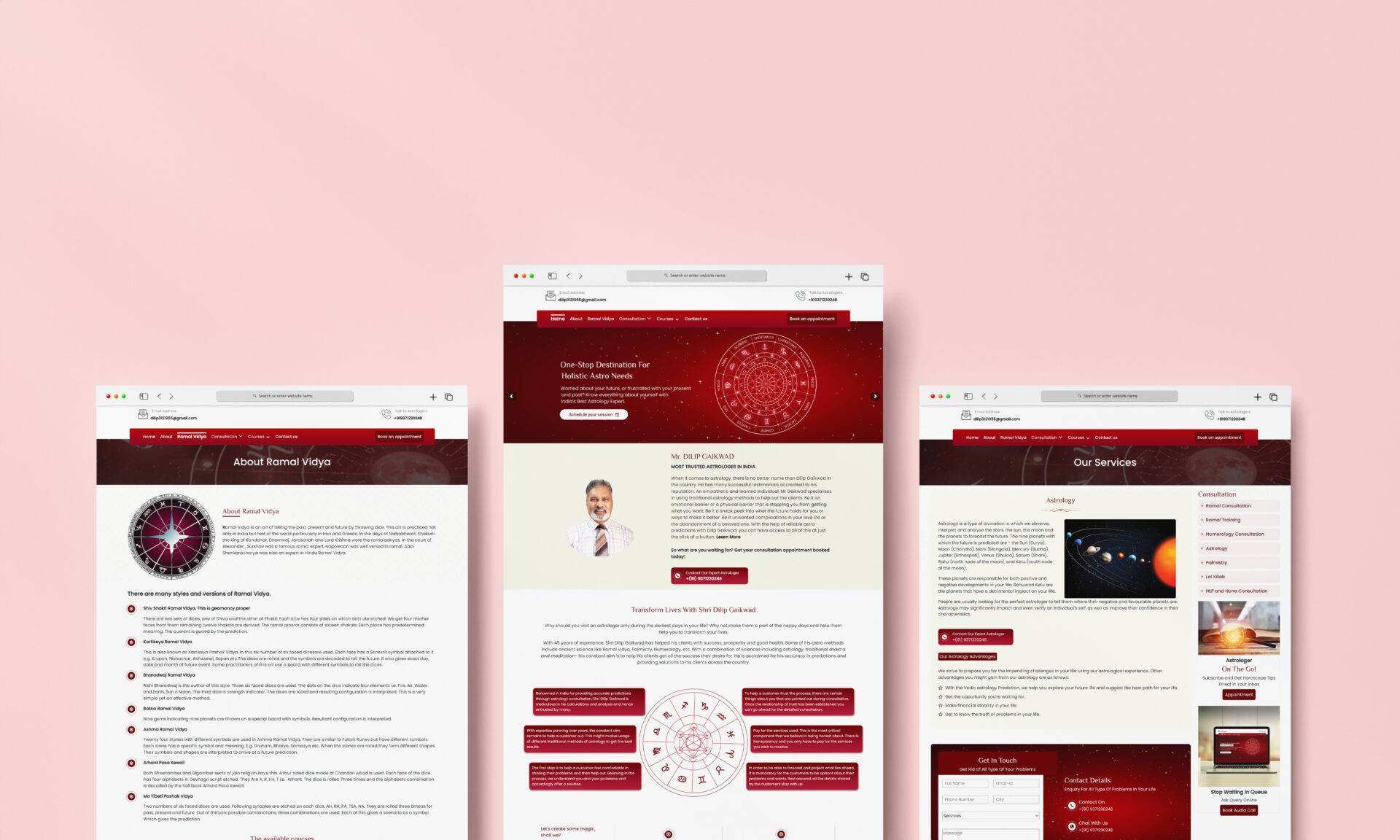
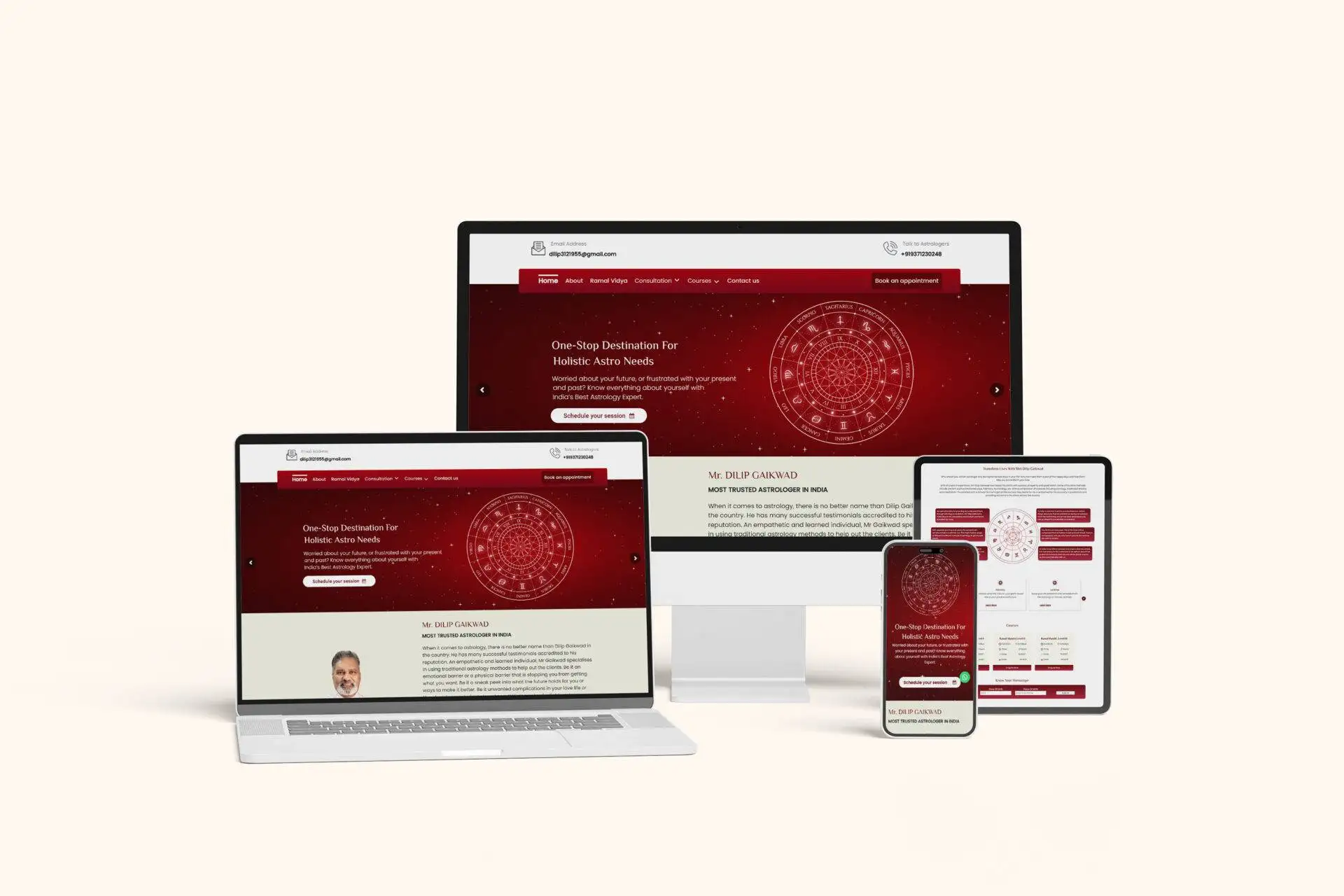
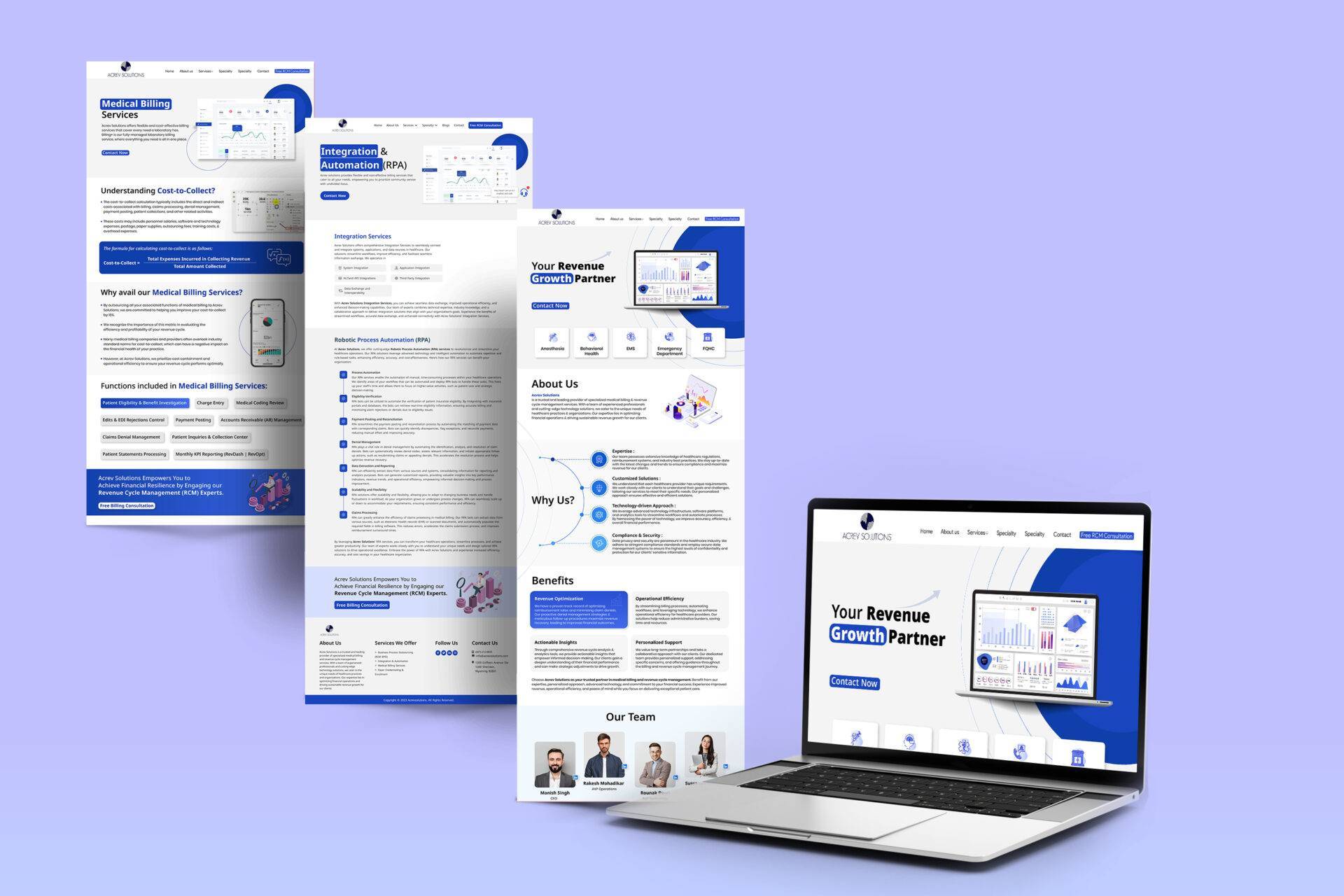





Leave a Reply